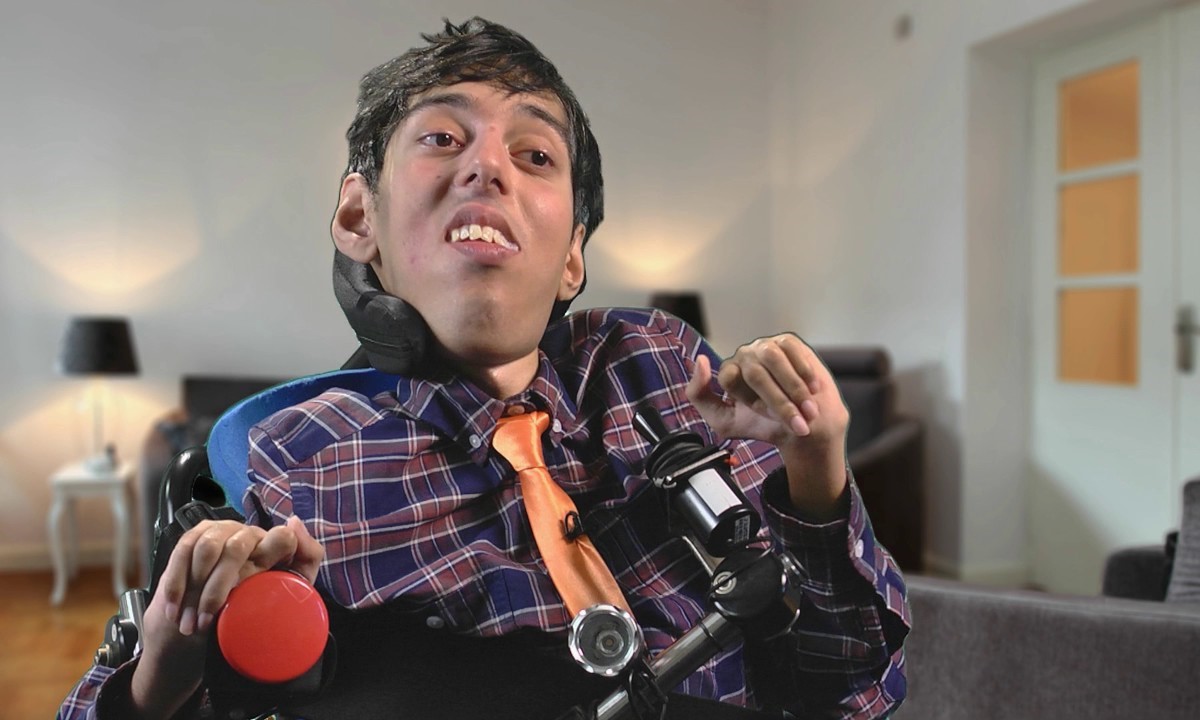
Merosin-Deficient Congenital Muscular Dystrophy (MDCMD) is a rare genetic disorder affecting muscle strength and motor skills from birth. Caused by mutations in the LAMA2 gene, this condition leads to a lack of merosin, a protein crucial for muscle function. Symptoms include muscle weakness, delayed motor milestones, and respiratory issues. Children with MDCMD often face challenges in mobility and may require assistive devices. Early diagnosis and intervention can improve quality of life, though there's currently no cure. Understanding MDCMD helps families and caregivers provide better support and seek appropriate medical care. Let's explore 35 essential facts about this condition to shed light on its impact and management.
Key Takeaways:
- Merosin-Deficient Congenital Muscular Dystrophy (MDCMD) is a rare genetic disorder causing severe muscle weakness and other challenges, but with proper care, individuals can live into adulthood.
- Early intervention, supportive therapies, and ongoing research offer hope for improved quality of life and potential treatments for MDCMD.
What is Merosin-Deficient Congenital Muscular Dystrophy?
Merosin-Deficient Congenital Muscular Dystrophy (MDCMD) is a rare genetic disorder affecting muscle function. Understanding this condition involves exploring various aspects, from its causes to its symptoms and treatments.
- Genetic Basis: MDCMD is caused by mutations in the LAMA2 gene, which encodes the protein merosin.
- Inheritance Pattern: This disorder follows an autosomal recessive inheritance pattern, meaning both parents must carry the mutated gene.
- Merosin Function: Merosin is essential for the stability and function of muscle cells.
- Prevalence: MDCMD is extremely rare, affecting approximately 1 in 100,000 individuals worldwide.
- Early Onset: Symptoms typically appear at birth or within the first few months of life.
- Muscle Weakness: A hallmark of MDCMD is severe muscle weakness, particularly in the limbs and trunk.
- Hypotonia: Infants with MDCMD often exhibit hypotonia, or low muscle tone, making them appear "floppy."
- Delayed Motor Skills: Children with this condition usually experience delays in reaching motor milestones, such as sitting and walking.
- Respiratory Issues: Weakness in respiratory muscles can lead to breathing difficulties and frequent respiratory infections.
- Feeding Difficulties: Infants may struggle with feeding due to weak oropharyngeal muscles.
- Joint Contractures: Over time, muscle weakness can lead to joint contractures, where joints become permanently fixed in a bent or straight position.
- Scoliosis: Many individuals with MDCMD develop scoliosis, a curvature of the spine.
- Cognitive Function: Cognitive development is typically normal, although some individuals may have learning difficulties.
- Brain Abnormalities: MRI scans often reveal abnormalities in the brain's white matter.
- Seizures: Some individuals with MDCMD may experience seizures.
- Cardiac Involvement: Although rare, some patients may have heart problems, such as cardiomyopathy.
- Diagnosis: Diagnosis is confirmed through genetic testing and muscle biopsy.
- Creatine Kinase Levels: Elevated levels of creatine kinase in the blood can indicate muscle damage.
- Electromyography: This test measures the electrical activity of muscles and can help diagnose MDCMD.
- Supportive Therapies: Physical therapy, occupational therapy, and speech therapy are crucial for managing symptoms.
- Orthopedic Interventions: Surgery may be necessary to correct joint contractures or scoliosis.
- Respiratory Support: Some individuals may require ventilatory support, particularly during sleep.
- Nutritional Support: Feeding tubes may be needed to ensure adequate nutrition.
- Medications: While no cure exists, medications can help manage symptoms, such as anticonvulsants for seizures.
- Research: Ongoing research aims to develop gene therapies and other treatments for MDCMD.
- Patient Advocacy: Organizations like the Muscular Dystrophy Association provide support and resources for affected families.
- Life Expectancy: With proper care, individuals with MDCMD can live into adulthood, although life expectancy may be reduced.
- Quality of Life: Early intervention and comprehensive care can significantly improve the quality of life for those with MDCMD.
- Genetic Counseling: Families affected by MDCMD can benefit from genetic counseling to understand the risks and implications.
- Prenatal Testing: Prenatal genetic testing can identify the disorder before birth.
- Carrier Screening: Carrier screening for the LAMA2 gene can help prospective parents assess their risk.
- Community Support: Connecting with other families facing similar challenges can provide emotional support and practical advice.
- Awareness: Raising awareness about MDCMD can lead to better understanding and support for affected individuals.
- Funding: Increased funding for research is essential to develop effective treatments and ultimately find a cure.
- Hope: Advances in medical research offer hope for improved treatments and outcomes for those with MDCMD.
Final Thoughts on Merosin-Deficient Congenital Muscular Dystrophy
Merosin-Deficient Congenital Muscular Dystrophy (MDCMD) is a rare genetic disorder that affects muscle function from birth. Understanding its symptoms, causes, and treatments can help families and medical professionals manage the condition better. Early diagnosis is crucial for effective intervention. Genetic testing and muscle biopsies are common diagnostic tools. While there's no cure yet, physical therapy, respiratory support, and medications can improve quality of life. Research continues to explore potential treatments, offering hope for the future. Raising awareness about MDCMD can lead to better support systems and funding for research. If you or someone you know is affected, connecting with support groups and specialists can make a significant difference. Knowledge empowers us to face challenges head-on, and staying informed is the first step in that journey.
Frequently Asked Questions
Was this page helpful?
Our commitment to delivering trustworthy and engaging content is at the heart of what we do. Each fact on our site is contributed by real users like you, bringing a wealth of diverse insights and information. To ensure the highest standards of accuracy and reliability, our dedicated editors meticulously review each submission. This process guarantees that the facts we share are not only fascinating but also credible. Trust in our commitment to quality and authenticity as you explore and learn with us.
